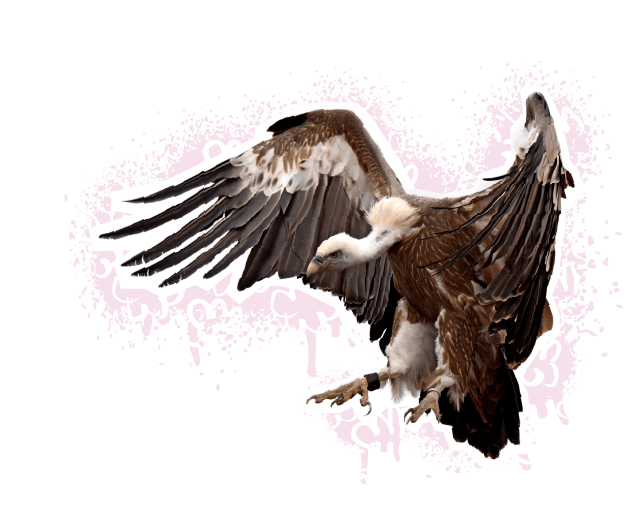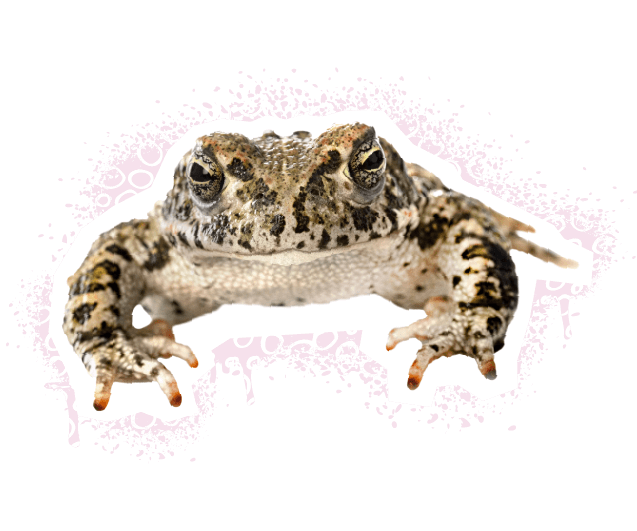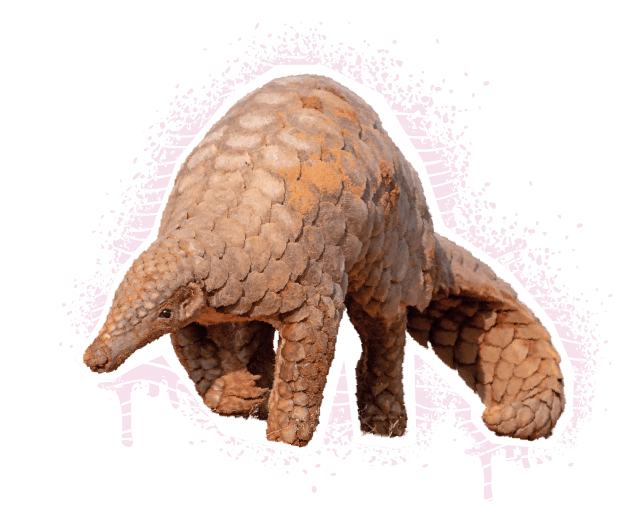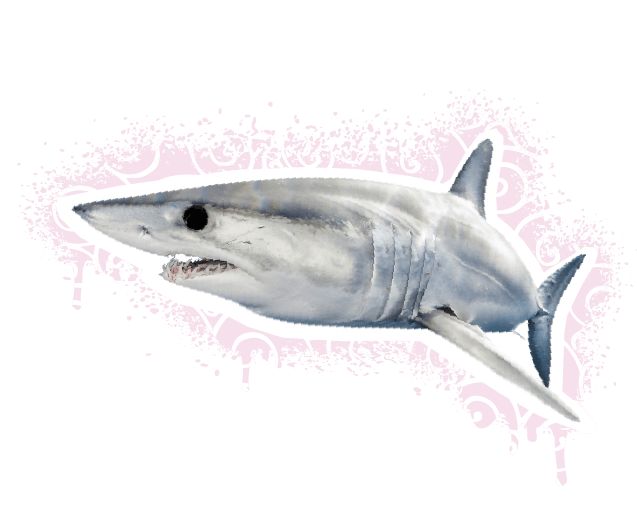The word ‘ugly’ is usually used in a negative way and the word is often considered unpleasant or unkind. However, we are firm believers that beauty is in the eye of the beholder, which is why our “Ugly” Endangered Animals campaign has been created to shed light on some of the animals who are often overlooked for their appearance, but who are in desperate need of our help.
People can’t be blamed for loving fluffy, beautiful, or magnificent animals like the panda, blue whale, or Kakapo (who is extremely cute!), but all creatures have an important place on our planet – whether they’re considered endearing or not. We believe every animal deserves a happy, healthy future and the chance to thrive. So, through our “Ugly” Endangered Animals campaign, we’re going to introduce you to five animals who are as incredible in what they do as how they look!
Through this campaign, we’ll be highlighting the plight of five super special species on our blog and social media pages. Have you spotted any of the five featured creatures in our posts, stories, or reels yet? We’ll also be running some great giveaways during our “Ugly” Endangered Animals campaign – so, to be in with a chance of winning, you’ll need to get involved!
Each charity we’ve chosen to partner with for this campaign will receive a donation of £10,000 from us, to help the following endangered animals...
African white-backed vulture
Although they play a vital role in keeping their environment clean, by eating carrion (dead animals), vultures have gained a bad reputation in films and on TV. But, in reality, vultures are highly intelligent creatures whose populations have declined by 63-89% over the lifespan of three generations.
African white-backed vultures are critically endangered.
We’re supporting the Hawk Conservancy Trust in their conservation efforts, as they protect vultures around the world.
One of the most significant threats to African white-backed vulture populations is poisoning by poachers. The Hawk Conservancy Trust supports Poison Action Response, which trains field staff (working within the habitats of wild vultures) to deal with poisoning events by using Poison Response Kits to save vultures’ lives.
Fantastic facts about the African white-backed vulture:
- Their wingspan reaches 1.9-2.3m (almost 7ft!).
- A group of vultures in flight is called a ‘kettle’.
- They can glide at 60-80mph!
Fly on over to our vulture fact file to learn more.


Natterjack toad
As one of the UK’s rarest amphibians, natterjack toads have been in decline for the last 70 years due to habitat loss. If natterjack toads become extinct, that will have a devastating impact on local ecosystems. Also, because they are linked to folklore, the disappearance of natterjack toads would seriously damage eco-tourism in the UK.
The Amphibian and Reptile Conservation Trust (ARC) is our chosen charity for supporting the natterjack toad. ARC is dedicated to saving natterjack toads through their Species Action Plan, which involves conservation activities including the protection of toad habitats and improving research methods to strengthen natterjack toad populations.
Natterjack toad facts:
- They can live for up to 15 years.
- Their call can be heard up to a mile away!
- Known as the ‘running toad’, natterjacks don’t hop or jump.
Jump to more information in our natterjack toad fact file.
Pangolin
As the most illegally trafficked animal in the world, the pangolin is at risk of extinction. Despite their tough armour, and ability to roll into a ball when threatened, pangolins are repeatedly poached for their scales and meat.
Fortunately for the pangolin, there are a number of conservation charities working hard to help and protect them. The charity we’ve chosen to partner with to help support the pangolin is the Tusk Trust.
Created over 30 years ago, the Tusk Trust supports conservation projects that teach communities how to take care of local environments across Africa.
The Pangolin Project is a non-profit organisation in Kenya that is supported by the Tusk Trust. Thanks to the charity, a Mobile Pangolin Technical Unit (MPTU) has been formed, to provide essential data about pangolin populations.
A few fun facts about the pangolin:
- There are eight species of pangolin, four in Africa and four in Asia.
- Pangolins are the only mammal entirely covered in scales!
- Baby pangolins are called ‘pangopups’.
For more fascinating details about the pangolin, you can visit our pangolin fact file.


Proboscis monkey
Habit destruction has led to a decline in proboscis monkey populations of approximately 50% in the last 40 years. Proboscis monkeys are also docile yet social creatures, which makes them an easy target for hunters.
World Land Trust is working hard to save proboscis monkeys, by supporting their conservation partner HUTAN to limit forest loss in Sabah and protect wildlife in its globally recognised Key Biodiversity Area (KBA).
Top facts about the proboscis monkey:
- They’ve been known to leap into water from heights of up to 50ft!
- A group of proboscis monkeys is called a ‘troop’, ‘band’, or ‘harem’.
- In the wild, they can live for up to 20 years.
To learn more, leap across to our proboscis monkey fact file.
Shortfin mako shark
Shortfin mako are among the fastest-ever recorded sharks but unfortunately, their speed and agility are no match for the threats of human beings. Due to the high value of their meat and fins, shortfin mako sharks are at risk of overfishing as well as accidental capture.
One of the conservation charities working tirelessly to save the shortfin mako is the Shark Trust.
Established in 1997, Shark Trust safeguards the future of sharks through science, education, influence, and action. To protect the shortfin mako shark, and other species, Shark Trust is building one of the biggest ever campaigns for shark conservation. You can get involved with Shark Trust’s campaign through the Big Shark Pledge.
Three fascinating facts about shortfin mako sharks:
- They are the speediest sharks in the ocean!
- Due to having one of the biggest brain-to-body ratios of all shark species, mako sharks are thought to be highly intelligent.
- Their pups are 2ft long at birth.
Snap up some more fin-tastic info on this shark by visiting our shortfin mako shark fact file.

All information on this page was correct at the time of publication.
